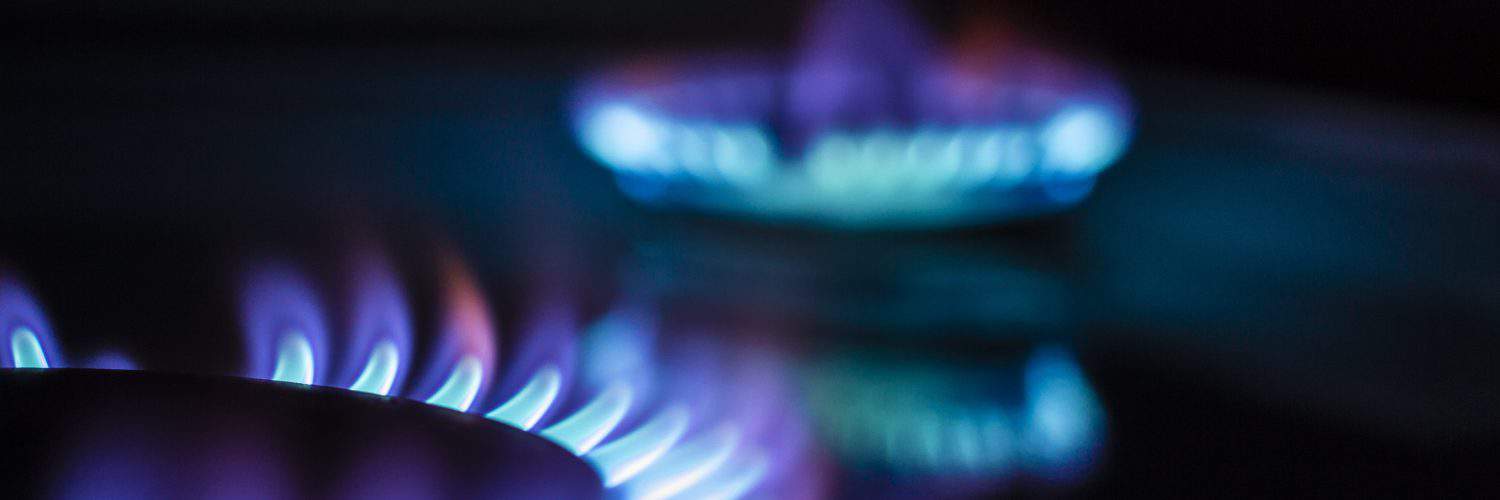Henry Hub natural gas futures declined earlier in the week to close below US$5/MMBtu, before rebounding, trading at US$5.07/MMBtu as of 2:15pm EDT Thursday afternoon. Mild temperatures to start November, strong dry gas production around 95 Bcf/d, and the potential for a small pullback in US exports if Russian supplies help reduce demand for US liquified natural gas in Europe, put downward pressure on prices. As mentioned in previous weeks, the Russian Nord Stream 2 pipeline is complete but waiting for the green light from the European Union. The EU is a legal entity and, as such, must abide by certain contractual guidelines that prevent it from agreeing to Russia’s demands. In the meantime, since this past summer, Russia has been exerting geopolitical pressure on the EU, flowing less natural gas on a daily basis, resulting in record low storage levels in Europe. Industry and political experts estimate natural gas could begin flowing through Nord Stream 2 between Jan and Apr 2022, which would certainly balance the markets. Putin “ordered” increased flows to the EU through existing pipelines as of November 8th but, as of yet, there are no signs of any significant increases. Perhaps the combination of the European “no show”, along with a colder US weather forecast for next week, is what caused the slight reversal in pricing today.
The EIA estimated working gas storage was 3,618 Bcf for the week ending November 5th, following an overall injection of 7 Bcf. While the injection was lower than market expectations averaging 12 Bcf, storage injections have exceeded the five-year average in September and October. Storage levels are now 7.8% below year-ago levels and, relative to the five-year average, 3.2% less. For the week ending tomorrow, an injection of 19 Bcf is expected.
In Canada, prompt-month futures for AECO are trading at C$4.69/GJ, while Dawn is trading at C$5.78/GJ. Prices have declined, with week-over-week decreases of $0.90/GJ and $0.84/GJ at AECO and Dawn, respectively. Point Logic reports the first withdrawal of the winter season, with 5 Bcf from Canadian natural gas storage for the week ending November 5th. This decreases storage inventories to 673 Bcf, 6.3% below the 5-year average and 15.2% below storage levels last year at this time. Eastern storage levels are now at 97% capacity and Western storage is 70% full. An injection of 2 Bcf is expected for the week ending tomorrow.
– Karyn Morrison, Energy Advisor








Add comment